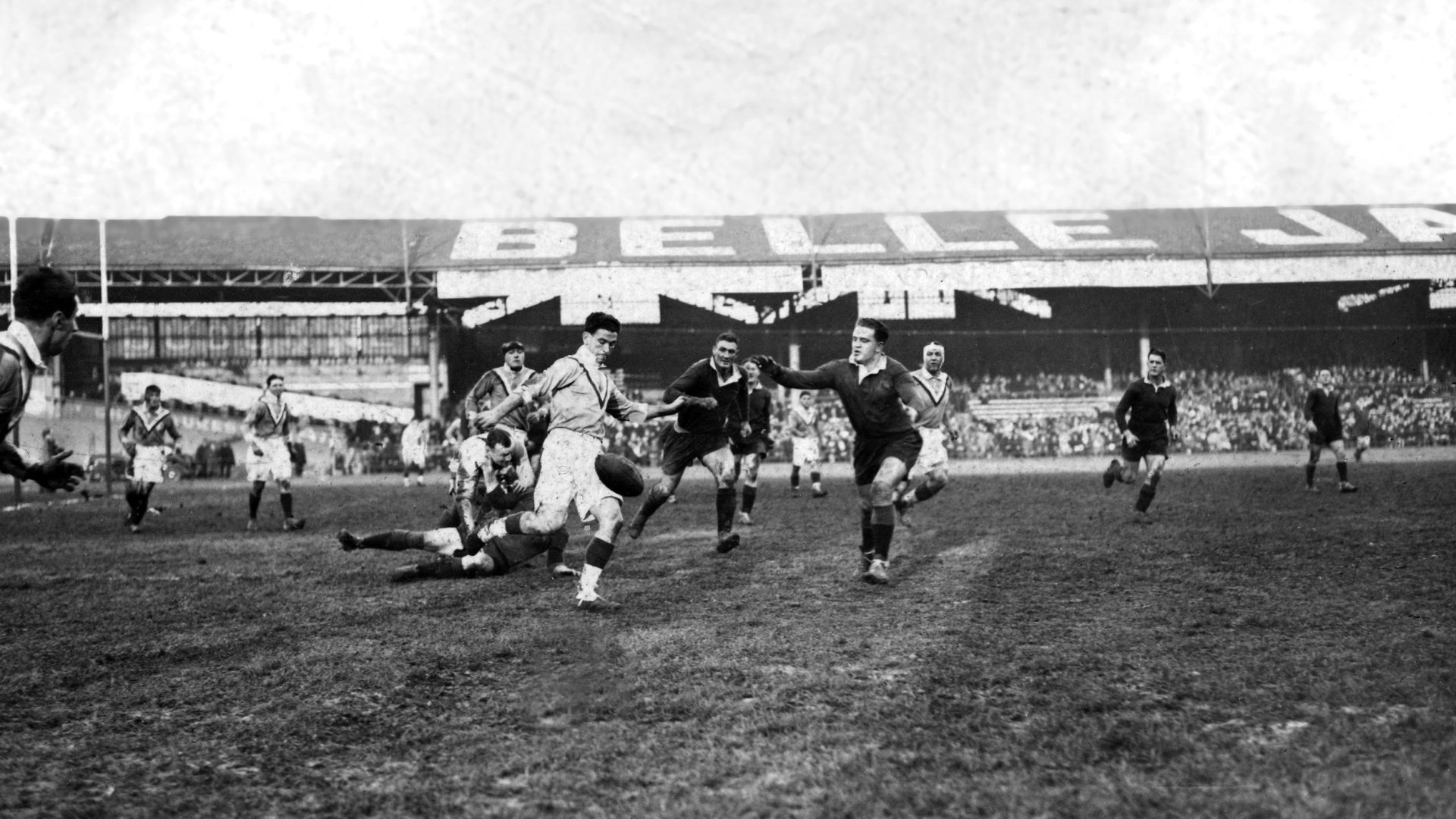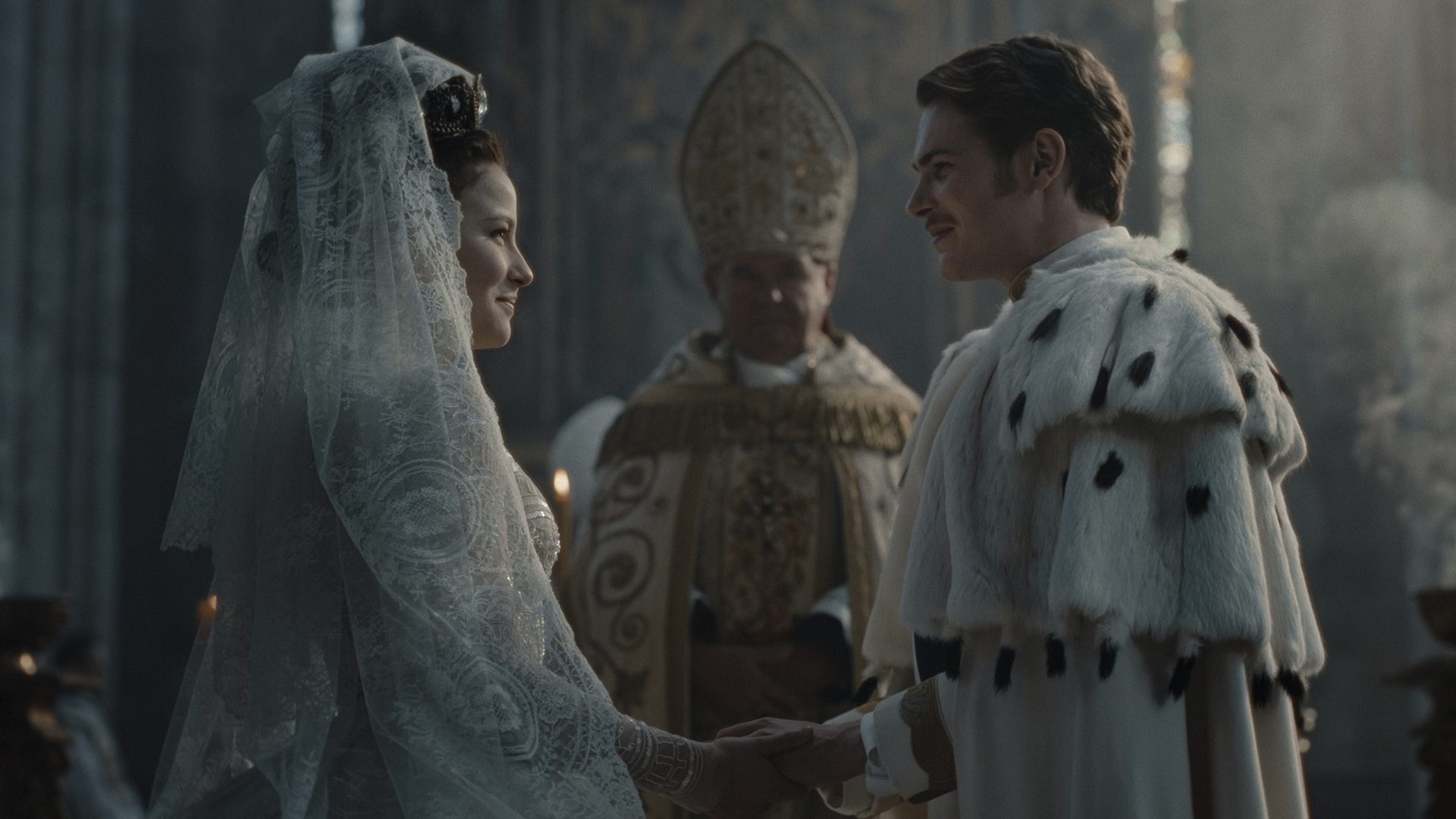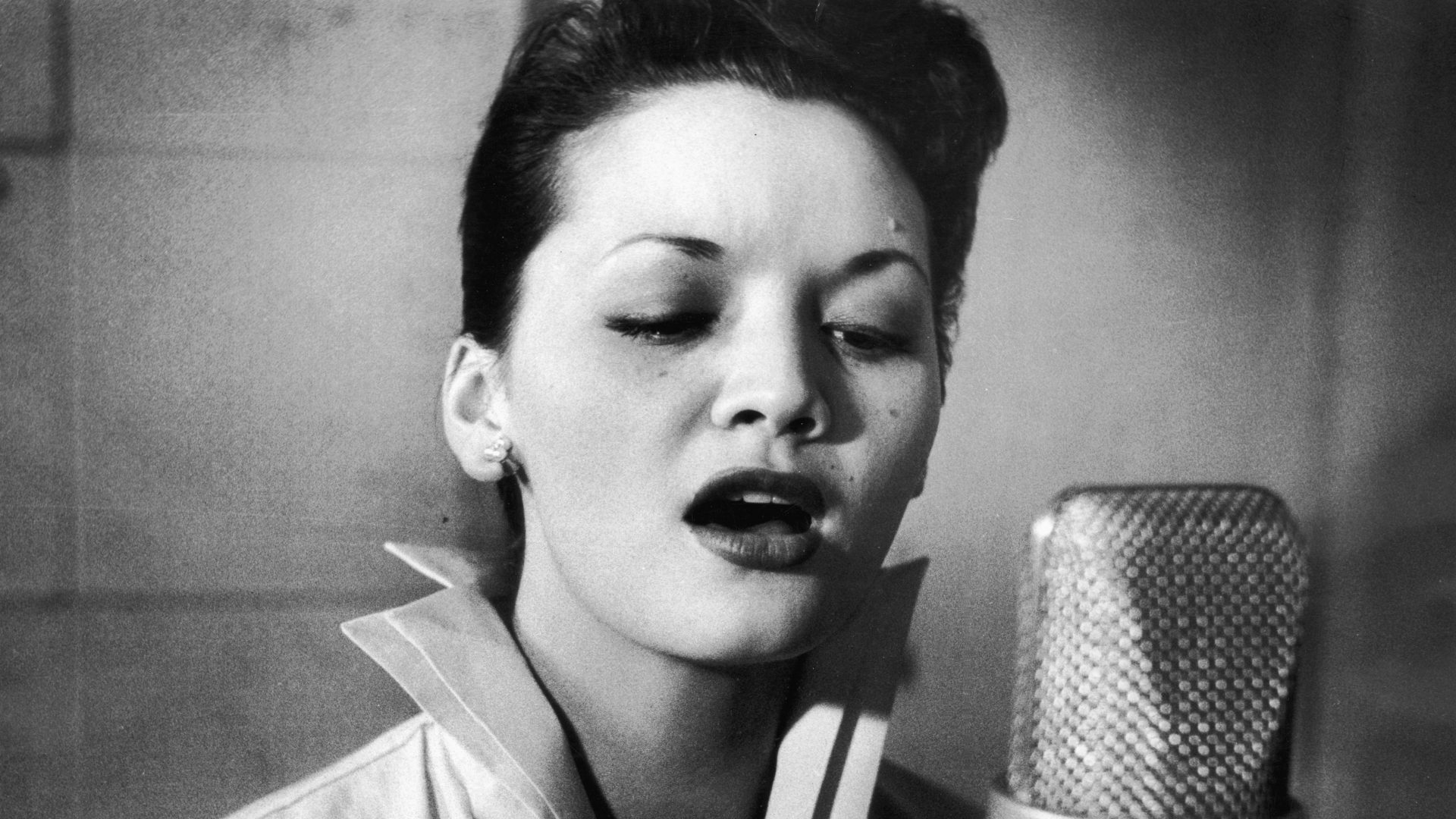At some point around 5.45pm on November 19, a trophy bearing the name of Paul Barrière will be lifted high into the floodlit Manchester sky. Barrière, a modest man who at a crucial point in his life depended on secrecy for survival, wouldn’t have been happy.
The man after whom the Rugby League World Cup is named insisted, during his lifetime, that it should be simply La Coupe du monde de rugby à treize (13). It was only after he died in 2008 that his family agreed to the name change. It was deserved, if undesired, recognition for a man whose defiance saved his sport – and played a part in saving his nation too.
Over the next few weeks, 16 nations will play for the title of men’s world champions and at the end Australia will win. Or so the narrative goes. The Kangaroos have won eight of the past nine competitions. Barrière saw France qualify for two world cup finals in his lifetime, but it seems unlikely
they’ll be at Old Trafford this year if the form book plays out.
But who was Barrière, and how did he come to join compatriots Jules Rimet
and Henri Delaunay (of soccer’s world cup and Euros fame) in having an international trophy named after him?
When the second world war began in 1939, Barrière was a 19-year-old student playing rugby union for his hometown team Espéraza in the rugby hotbed of the Aude in southern France. But as he was growing up, the clubs of the surrounding towns and villages were all switching from rugby union to rugby league as the sport’s new code experienced a boom in popularity across France.
In the mid-1930s rugby league (or rugby à treize) had swept the nation. French rugby had always been based on a fast passing and running game
rather than the ruck, maul and set pieces preferred by the English-speaking world. Rugby league’s rules encouraged these traditional French strengths and was seen by players and public alike as faster, more skilful, more “French”.
Its history of rebellion – rugby league was founded in 1895 when a group of clubs in northern England split from the establishment rugby union in London, which demanded the game remain purely amateur – also appealed to Catalan and Basque nationalists and working-class players who saw no shame in being remunerated for their sporting abilities. They resented the elitism of the French rugby union authorities whose professed amateurism denied them that opportunity.
The Ligue Française de Rugby à Treize was founded in 1934. Initially 29 clubs defected from rugby union. By 1938 that figure was 225. Rugby union was losing clubs and players hand over fist. The union authorities in France began the usual practice – previously carried out in the British Isles and across the empire – of banning anybody who played, officiated or watched rugby league.
Pre-war France, however, was going through a period of political turmoil. Mass strikes followed the Popular Front of socialist and liberal parties’ victory in the 1936 French elections. Many rugby league players were at the
forefront of protests, further cementing the sport – despite its governing body being apolitical – in the public mind as one of rebellion and left-wing protest. When the players of Narbonne sang the socialist anthem The Internationale following their championship victory in 1936 it was widely reported – and condemned – by the media.
And then came the war, the German invasion of France, and Vichy. Rugby
union saw its chance for revenge. France was divided into a German-occupied north and a puppet government based in the spa town of Vichy, headed by the former first world war marshal, Philippe Pétain.
Barrière became a member of the French Resistance intent on overthrowing the Nazi-backed collaborationist state. Although he only spoke sporadically about his activities, his main detail was arranging landing grounds for weapons and radios parachuted into the Aude, and to provide safe houses for the allied operatives who would follow. “Frustrating the smooth running of the Nazi state,” he termed it. Whatever, he rose to be the Aude’s commander of operations, earning him the Légion d’Honneur, France’s highest order of merit.
He was fortunate to never be apprehended, although he came close. One evening he was waiting for a colleague in the countryside who didn’t turn up. “So I went looking for him,” recalled Barrière. “And I found him. Surrounded by the Milice.” The Milice, or French Militia, were a fascist paramilitary police force introduced by the Vichy regime to counter the Resistance. “I had a pistol. They had automatic weapons. I remember thinking ‘what do I do?’ If I started shooting we’d both certainly die as heroes, but if I did nothing… Well, I did nothing, trying to console myself the Resistance would approve. We hated giving away our plans and hated losing operatives and weapons. It was the right thing, but I felt terrible. Two weeks later, they released Jacques. He’d been questioned, put in solitary confinement and kept awake, but they
hadn’t physically tortured him. I was so happy; for him, yes, but selfishly for
me, too, because it salved my conscience.”
And, indirectly, it was what Barrière witnessed during his time in the Resistance that led to rugby league’s world cup today carrying his name. Pétain instigated a programme of “work, family and fatherland”, reasserting “traditional values”. Vichy’s sports ministry was stacked with former rugby union officials and rugby league apparently violated those “values”. The game was deemed “morally decrepit”. In one of the most contemptible acts in sporting and political history the minister for family and youth, Jean Ybarnégaray, declared: “The fate of rugby league is clear. Its life is over. It will be deleted.”
Pétain himself signed the decree, unique in the history of world sport – an
entire game eradicated. Rugby à treize had its offices in Paris razed and its assets seized. They have not been returned to this day. The organisation Treize Actif is still lobbying the French government to make reparations. Its
spokesperson, Robert Fassolette, says: “With interest, they owe us millions. But even more, they owe us an apology.”
More significantly rugby league, with its associations to Catalan and Basque nationalism, left-wing politics and subsequently the Resistance, saw its former players begin to be targeted by the Vichy regime. Simply having been known to have played the game could lead to being pulled in for questioning. Barrière later joked darkly that “Rugby à treize is the only sport in history you could be shot for playing”. He would never play rugby union again.
And what of the treasonous Pétain, who deported thousands of Jews and subjugated his own people, the man implicit in the plot to eradicate the game Barrière came to love? Barrière said: “He deserved his exile. Maybe he
deserved more.”
After the war Barrière took up the cudgels for rugby league. Noting his simmering anger, Marcel Laborde, the pre-war president of the French Rugby League, decided the young Resistance fighter should replace him. Laborde sent him to Paris to demand rugby league’s reinstatement. Laborde later said he knew Barrière wouldn’t be successful but that “throwing him into the boiling water, frightened of nothing” would turn him into a “great
advocate of our sport”.
It did. At first the government refused. But Barrière was dogged. He went to the ministry of justice and garnered the support of the federations running cycling and archery. But as Mike Rylance wrote in his book The Struggle and the Daring, which describes the revival of rugby league in postwar France, “as a victim of Vichy, rugby league found popular opinion on its side”. Eventually there was government acquiescence, but the sport was still not allowed to use the word rugby in its title. Until the 21st century it could only be called jeu à treize, or game of 13, and coaching it in schools was outlawed.
Barriére believed he was persecuted, too. When he signed Puig-Aubert, the fullback who would become perhaps the most feted of French rugby league players, Barrière was arrested, supposedly for kidnapping him until he agreed to switch from rugby union.
Yet he brought the sport in his country back from the dead. It was Barrière who oversaw France’s two victorious tours to Australia in 1951 and 1955, and in 1949 France became the first foreign sports team to win at Wembley. This is often cited as Hungary, who beat England 6-3 at football in 1953, but it was actually the French rugby league players, who beat their English counterparts 12-5.
And it was on the back of this international success that Barrière proposed a world cup in France. He even invited the USA, where the game had recently taken root, but the Americans felt they weren’t ready. The British, as ever, were reluctant. Like their football counterparts, who saw the Home Nations Championship as more important than playing the rest of the world, the British believed their biennial series against Australia – from which they had just returned – was more important. But persuasive as ever, Barrière insisted they come, albeit with only three of the players who had travelled down under.
He also paid the airfares of the Australian and New Zealand teams. His farsightedness back then led to a record 32 teams attempting to qualify for this year’s iteration, but his first version in October 1954 kicked off with only four. His doggedness was rewarded with France making the final at Parc des Princes, where they met Great Britain. It remains the only all-European World Cup final. That France lost – and would lose the only other final in which they competed and which Barrière witnessed, against Australia in 1968 – did not diminish his achievement.
Barrière died in 2008 and was posthumously awarded the Rugby League International Federation’s Spirit of Rugby League Award for his lifetime contribution to the game. His tenacity ensured its survival against the odds in France; his internationalist vision ensured that more than 50 countries now play the sport.
In his book Champagne Rugby, Henri Garcia describes Barrière as “a Miura
bull which lowers its horns when the cape is shaken. He was always going to
move rugby league into the sun.” France might not win this year’s tournament, but the name of its most storied evangelist will be for ever present at every final.
Michael O’Hare is a freelance journalist




